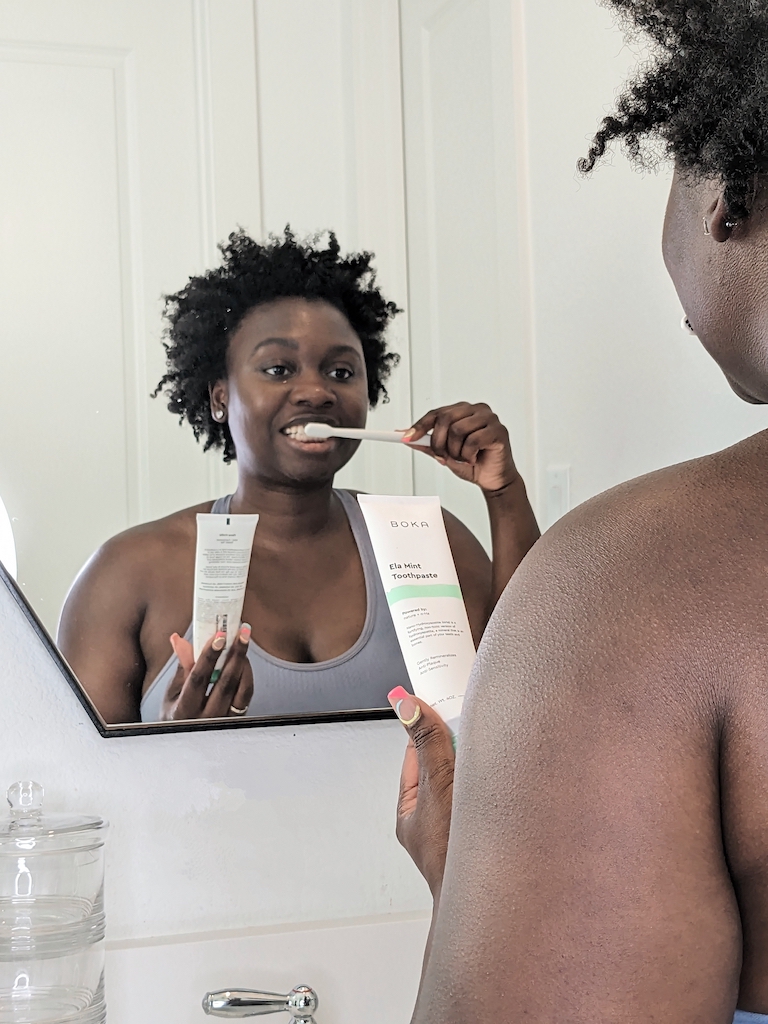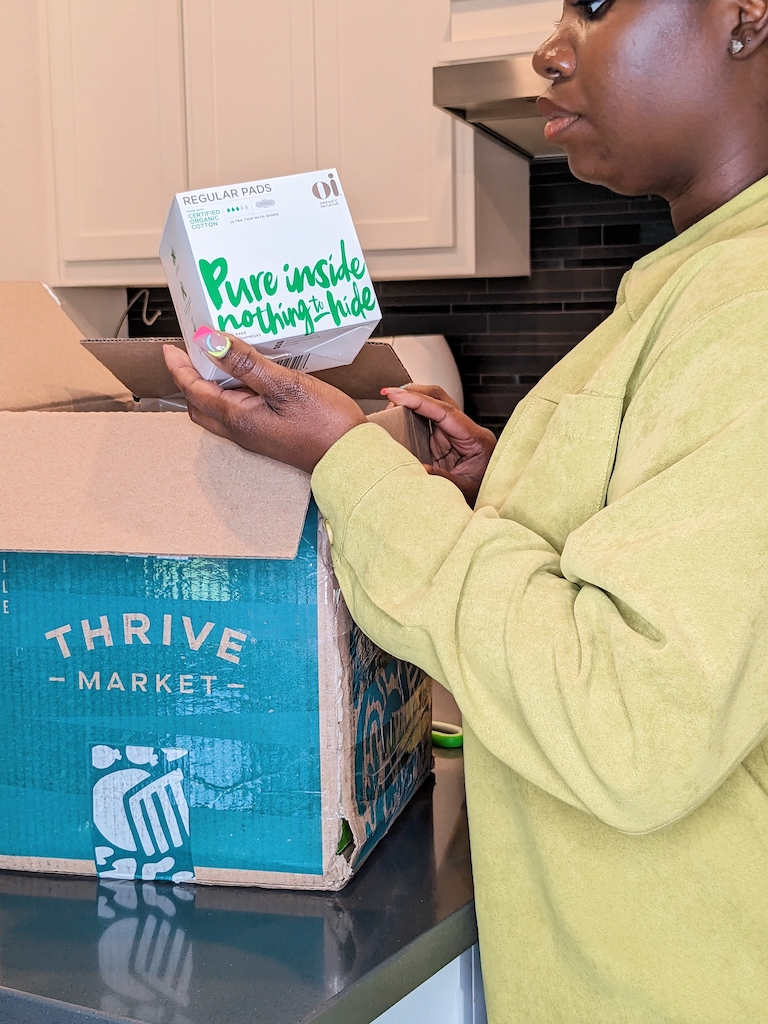3 Lifestyle Habits Are What Cause Fibroids to Grow
After my fibroid diagnosis, one of the first questions I had was, “What causes fibroids to grow?” Honestly, my doctors at the time gave very vague answers. However, one of the answers that consistently came up was a possible link to diet.
So the first thing I did was make some dietary changes. But as time went on, I realized that several areas of my well-being needed some attention.
After all, having a holistic approach to managing and eliminating fibroids naturally means examining your whole lifestyle. In my opinion, these are the three areas that need attention when you’re making changes.
So, What Causes Fibroids to Grow?
These were 3 things that contribute to the growth of fibroids.
Excess and Poorly Managed Stress
Next to diet, stress seems to trigger fibroid symptoms for me. I almost always have period pain when I go through highly stressful situations close to my menstrual cycle. As far as what causes fibroids to grow, this is a big one.
Stress can play a huge factor in hormonal imbalances, especially estrogen dominance. To simplify it, stress causes chronically elevated cortisol levels, which causes higher estrogen levels. Excess estrogen is believed to be one of the main contributing factors to fibroid growth.
Poor Sleep Hygiene
Sleep is often an underutilized and under-acknowledged tool for more balanced hormones. A period of deep rest allows your body to perform recovery functions such as detoxification and cellular regeneration.
According to functional medicine practitioner Veronica Anderson, MD, IFMCP, Sleep deprivation causes imbalances in many hormones, and in turn, the imbalance of these hormones causes more sleep deprivation.
If sleep is an issue for you try creating a wind-down routine at night to help you fall asleep faster and more deeply.
Exercising Too Much or Not Enough
Obesity increases your risk of fibroids and other hormone-related conditions. Therefore daily movement can help relieve fibroid symptoms and prevent growth.
Even light to moderate activity for just 30 minutes a day can significantly reduce your risk for obesity and its related diseases. So, you do want to have a regular exercise routine. However, too much of a good thing can be harmful in this instance and can be what causes fibroids to grow.
Overtraining or overexercising can actually stress your body and cause hormonal imbalance symptoms to worsen. Too much exercise can create a stress response, and remember, stress is not our friend when it comes to hormonal health.
5 Tips for Managing Fibroids (and Overall Hormonal Health)
Now that you have an idea of what not to do, here are some simple, manageable tips for less fibroid pain and better overall hormonal health. Remember, there’s no quick fix. But these steps can put you in the right direction for wellness.
- Eat more of the good stuff! Instead of focusing on what you need to remove from your diet, shift your focus to eating more whole, organic (when possible) fruits and vegetables.
- Meditate for 5 minutes a day. Download an app or find a YouTube video with a 5-minute meditation or mindfulness lesson.
- Spend 15 minutes outdoors. Exposure to sunlight may help improve your sleep quality and vitamin D levels.
- Get up and move every hour. If you sit a lot for work, set a timer or reminder to get up and walk around the room or stretch every hour. If that sounds like too much, try every two hours.
- Have a cup of herbal tea every day. In addition to hydration, some herbal teas can help with balancing hormones.
Choose one or two of these action items and add them into your daily routine. Building better habits is the key to long-term success and wellness.









I can relate to #4 and I truly believe that movement is the best medicine. Our bodies are designed to move. Thanks for sharing.